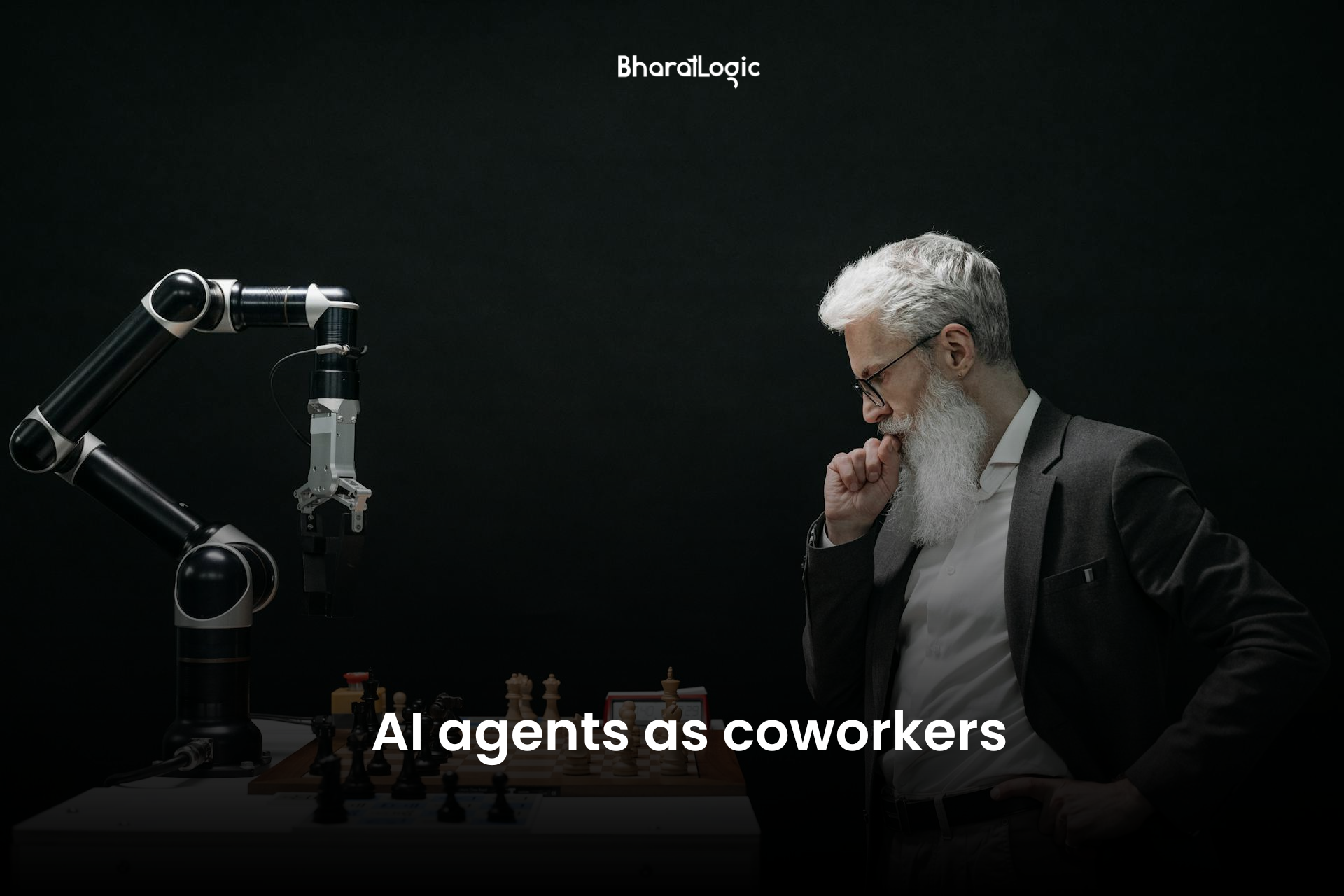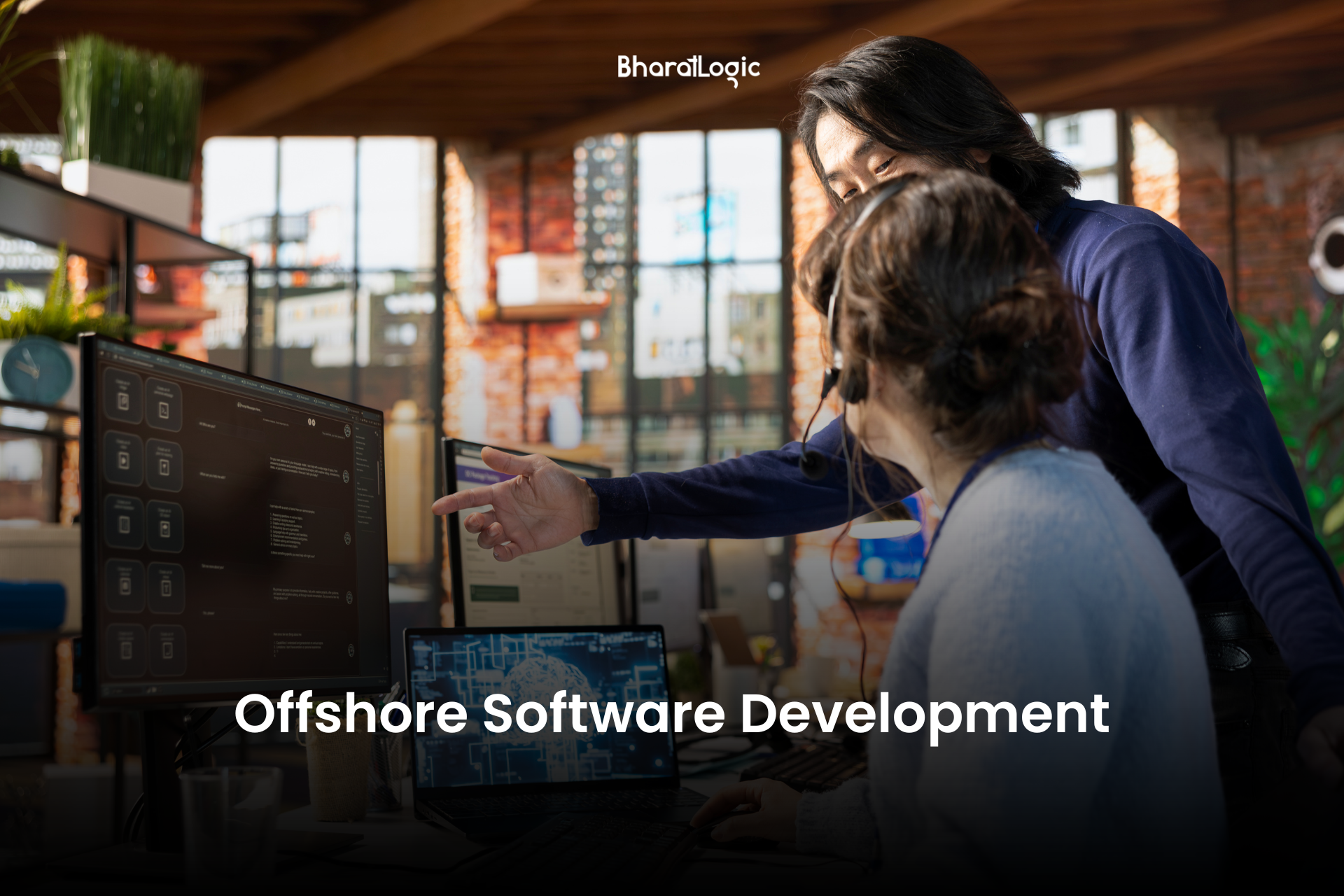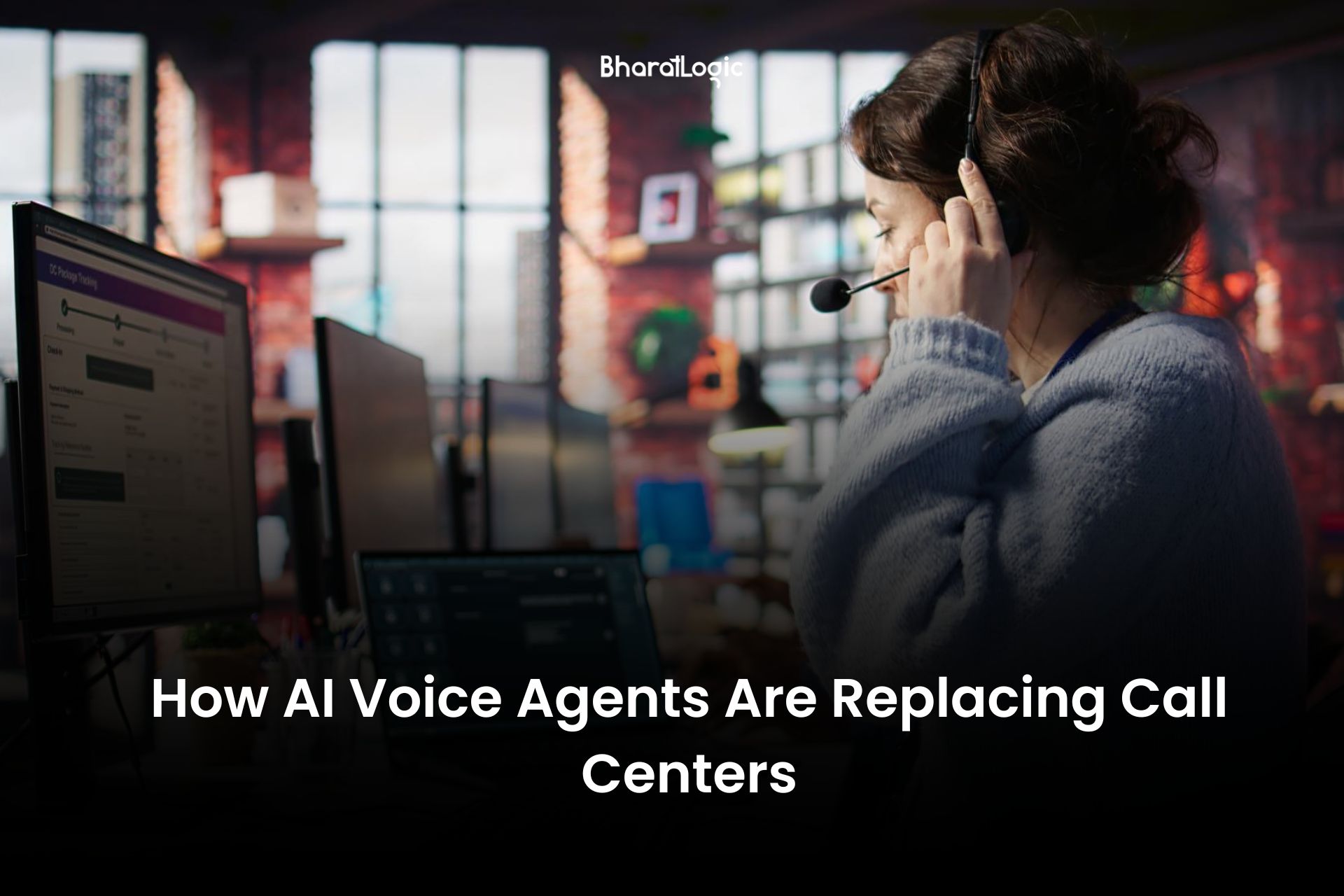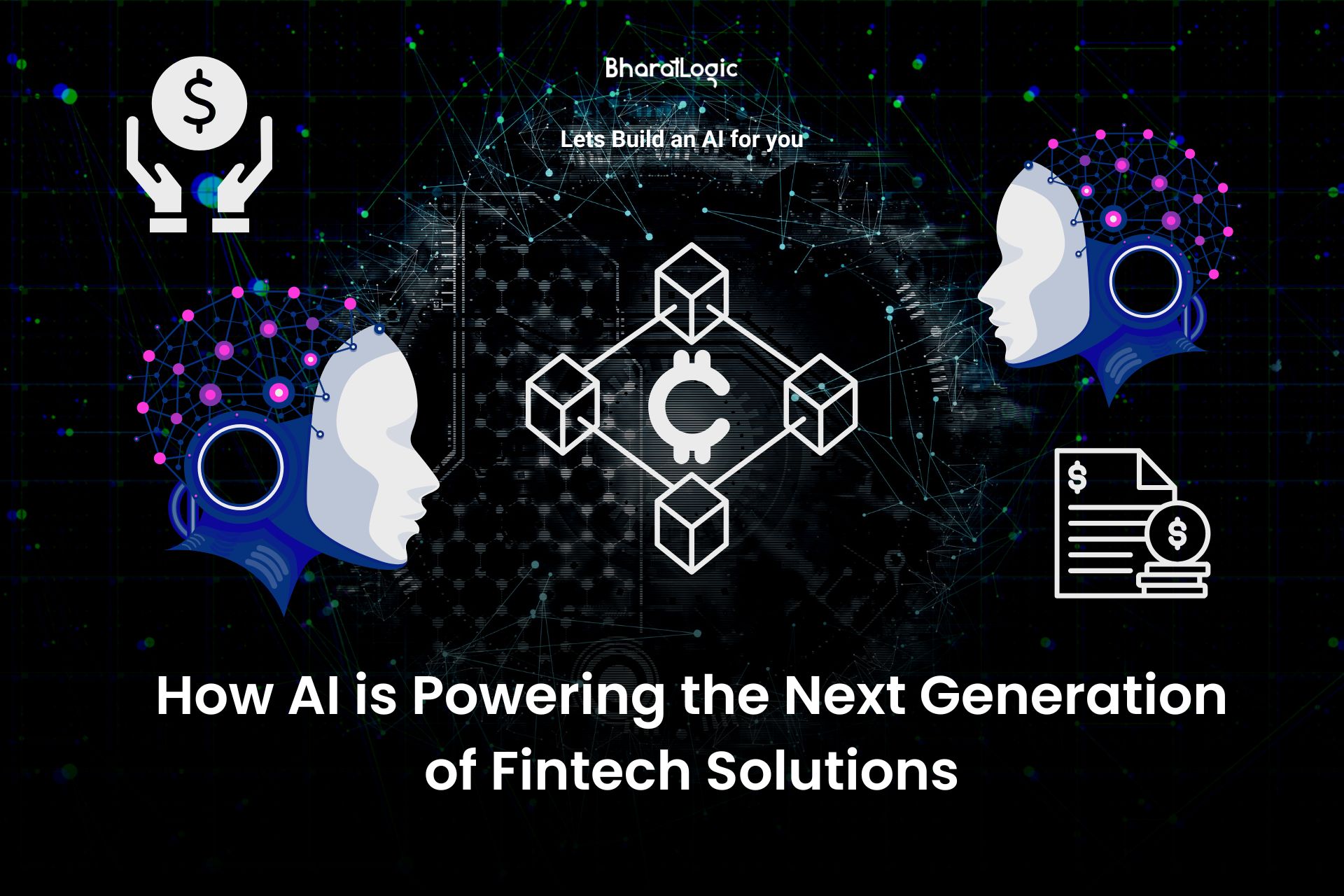How AI Agents Are Becoming the New Co‑Workers ?
Imagine a digital colleague that can plan campaigns, draft content, triage support tickets, and collaborate in Slack all without waiting for commands. In 2025, AI agents as coworkers are no longer sci‑fi they’re high‑functioning teammates. Research shows human–AI teams deliver ∼60 % more productivity per person and allow humans to focus 23 % more on strategic tasks Source: Could an AI Agent Become One of Your Coworkers?
These autonomous, goal‑oriented agents are closing the gap between reactive tools and proactive digital coworkers. Let’s explore how they’re transforming teams and how leaders can harness their power responsibly.
1. Why “AI Agents” Are More Than Intelligent Bots
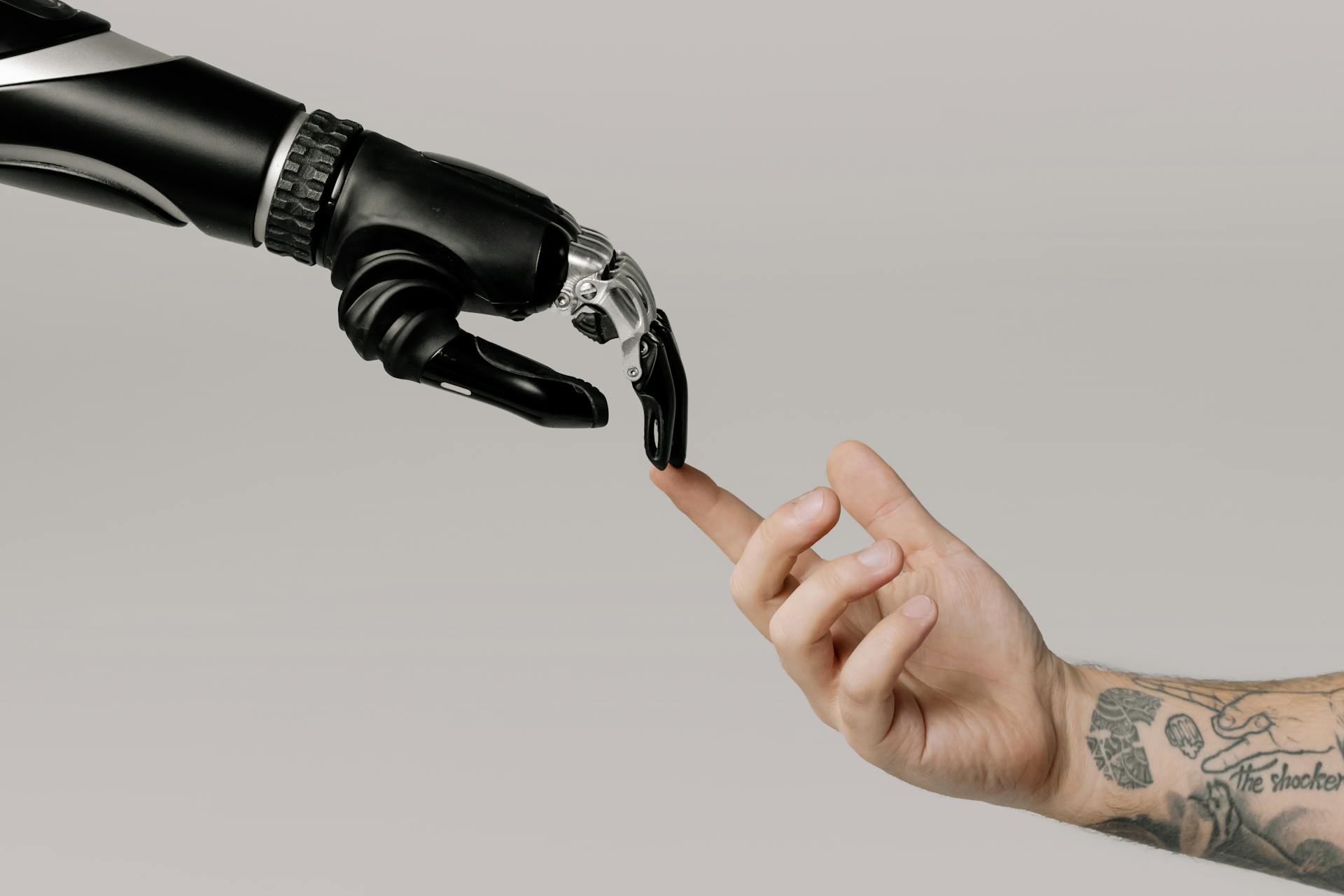
What makes an AI agent “agentic”?
According to McKinsey, agentic systems are capable of planning, interacting with tools, learning, and working across workflows with minimal supervision far beyond the reactive nature of traditional chatbots Source: Why agents are the next frontier of generative AI . They can execute tasks like booking travel, coding, and campaign management without step-by-step human input.
From reactive chatbots to proactive coworkers
Microsoft’s Jared Spataro describes how these agents act like virtual colleagues, enabling teams to scale intelligence without adding headcount Source: Why agents are the next frontier of generative AI . BCG’s research reinforces that AI agents will function as independent coworkers in hybrid organizations, taking decisions and evolving over time Humans, Machines, and the Rise of AI Coworkers Source : How to Build the New Hybrid Organization.
2. Real‑World Momentum: Trends from 2024–2025

OpenAI & industry voices: Sam Altman likening agents to junior staff
At Snowflake Summit 2025, Sam Altman explicitly compared AI agents to junior employees capable of discovering new knowledge and driving sophisticated business outcomes Business Insider. His comments echo broader trends: Task listings for database administrators dropped by ~19 % as agent capabilities rose Business Insider.
Field data: Productivity gains in human–AI teams
Harang Ju and Sinan Aral’s MindMeld study (March 2025) tracked over 2,310 participants and revealed human-AI teams sent 23 % fewer social messages, created 60 % greater productivity, and allowed humans to focus more on content generation task (Source : Collaborating with AI Agents: Field Experiments on Teamwork, Productivity, and Performance) . Similarly, MIT research with personality pairing confirmed ∼60 % productivity gains over human-only teams Medium.
3. How Teams Are Deploying AI Agents Effectively
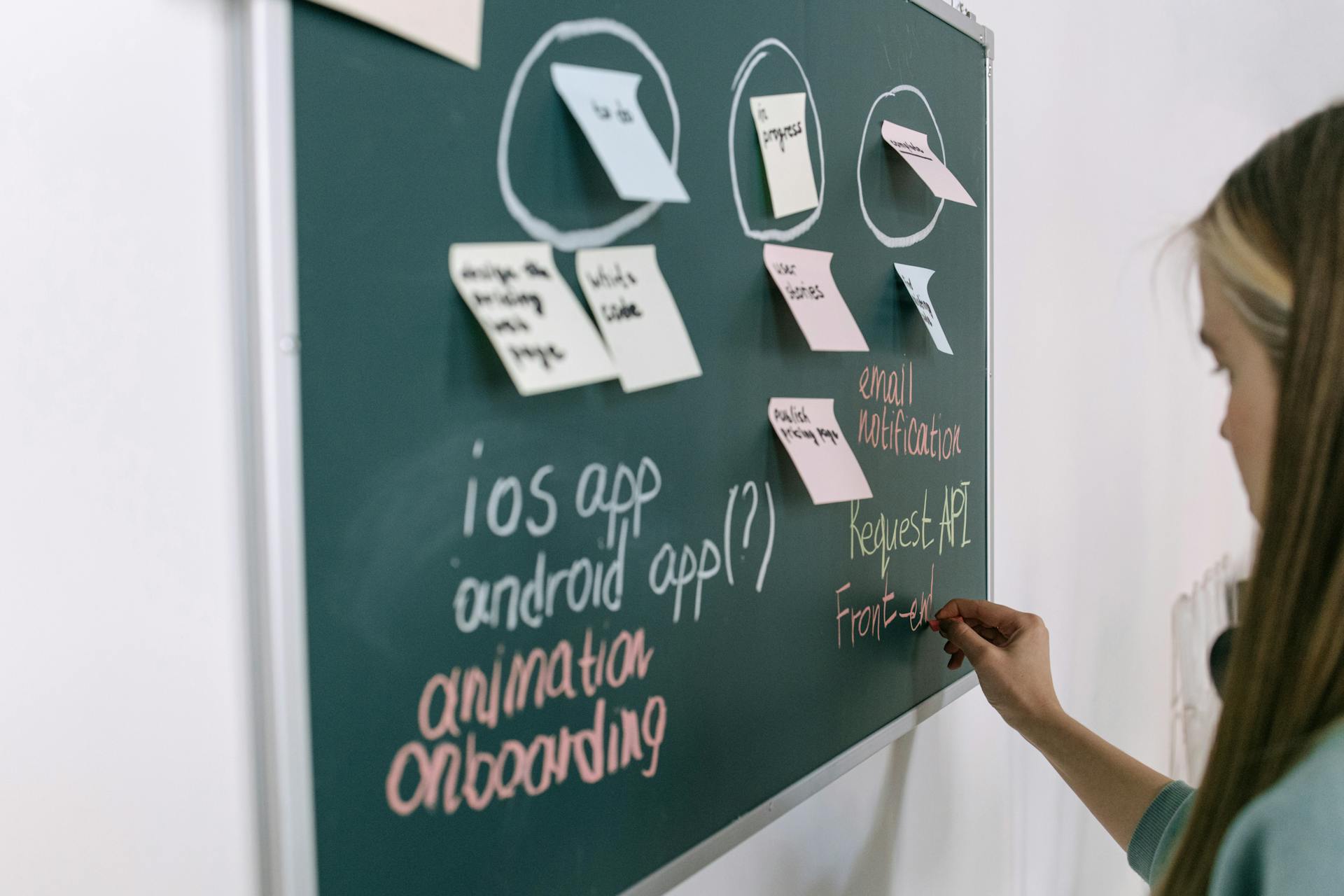
Onboarding & oversight: governance best practices
The World Economic Forum recommends treating agents like new hires: define role, training, constraints, data access, and continuous monitoring thereby reducing organizational anxiety and increasing adoption ( Source: To manage AI agents, start by demystifying them.)
Tool integration: breaking silos across systems
TechRadar highlights that siloed deployment e.g. agents operating in isolation within sales or procurement limits collaboration and value. Real impact comes when agents integrate with unified data fabrics and centralized control planes TechRadar.
4. Team Dynamics & Personality Pairing
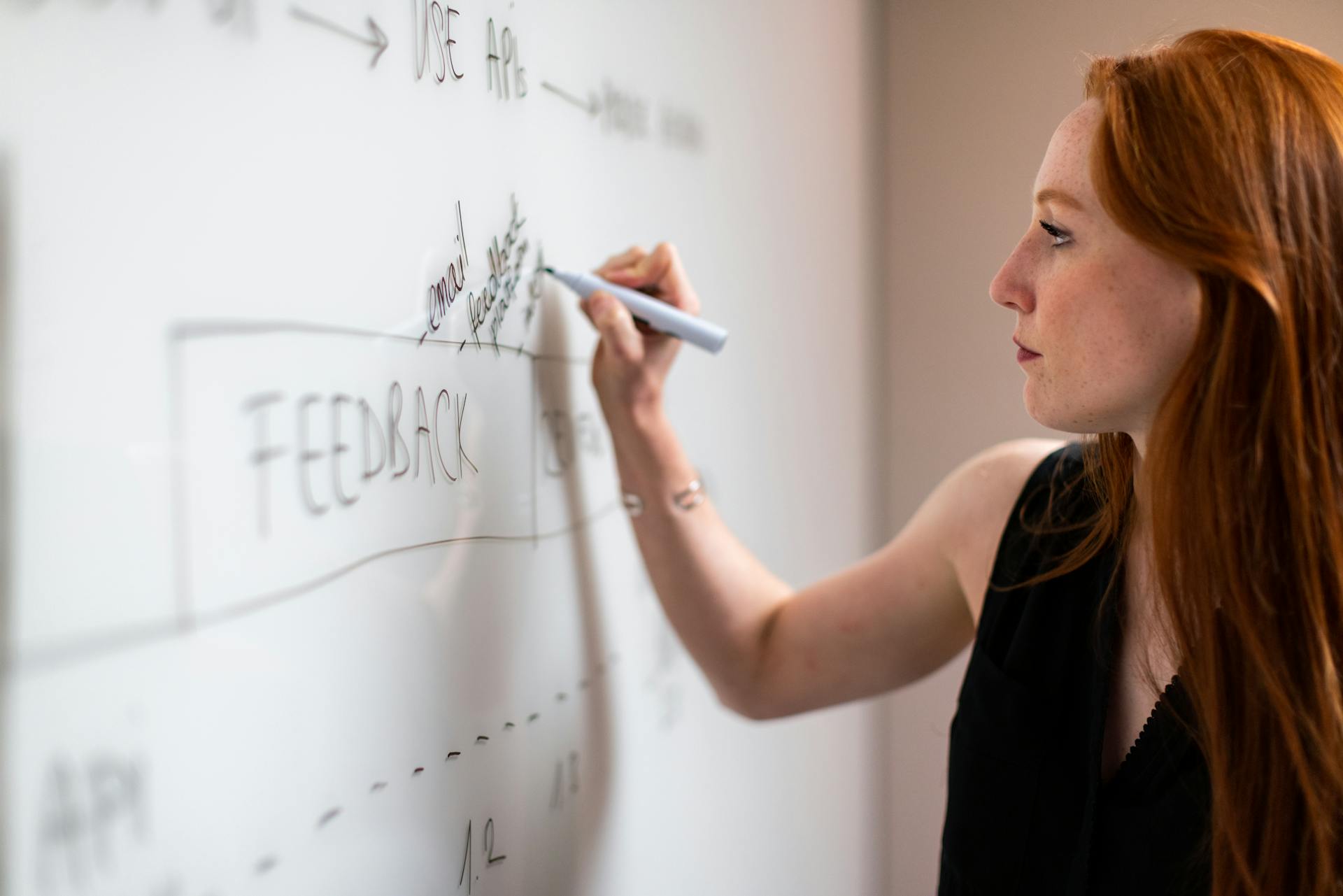
Research insights on human–AI personality matching
MIT and Boston consulting experiments show pairing human personality traits with complementary AI agent traits improves collaboration. For instance, conscientious humans with open agents boosted image quality; extroverts with conscientious agents reduced performance (Source: Collaborating with AI Agents: Field Experiments on Teamwork, Productivity, and Performance ).
Feedback loops: agents providing team feedback
The tAIfa agent framework (April 2025) enables AI to analyze interactions and deliver personalized team feedback, improving cohesion and communication effectiveness ( Source : Enhancing Team Effectiveness and Cohesion with AI-Generated Automated Feedback ).
5. Leadership Considerations for the Hybrid Workforce
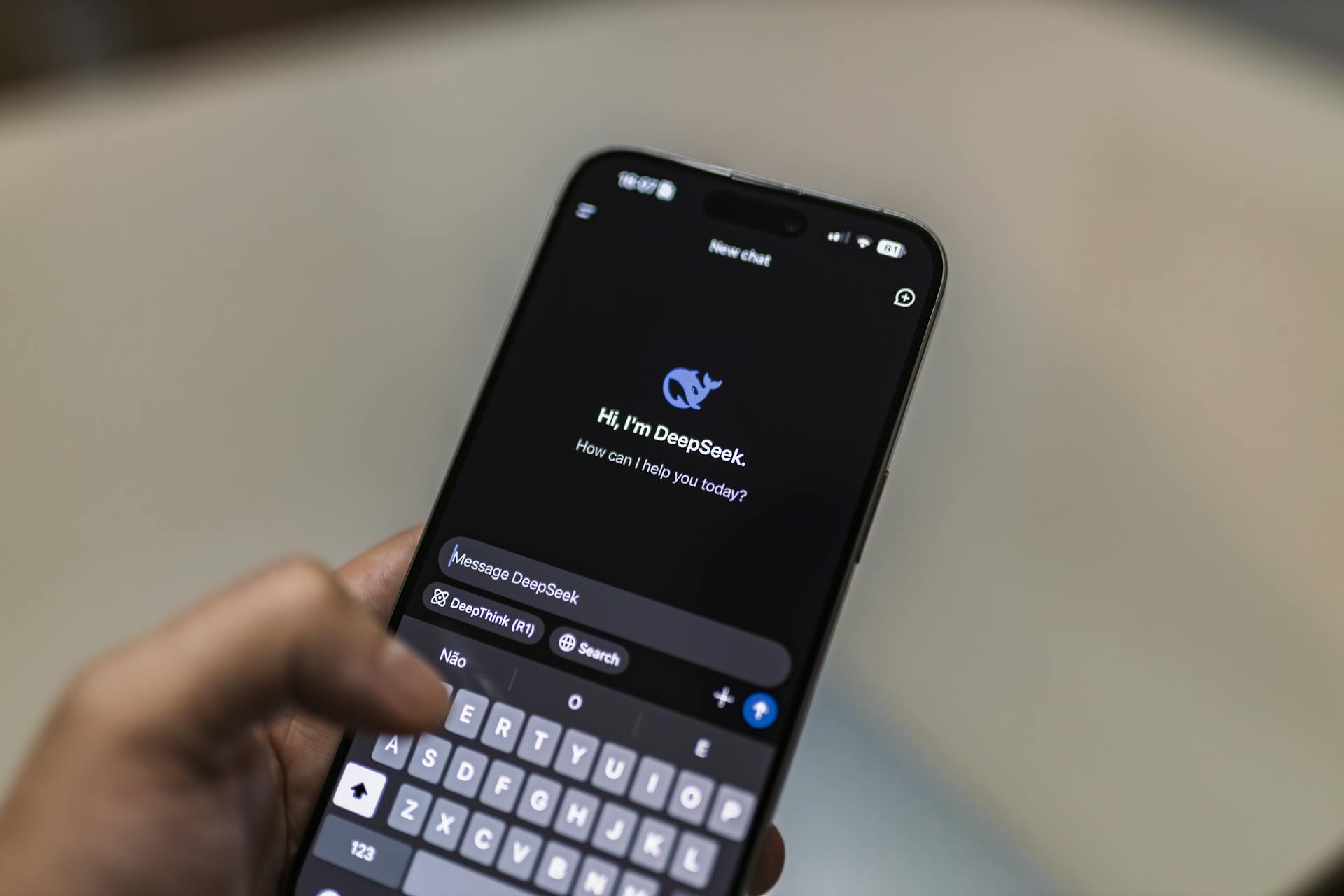
Culture, ethics & new roles
Leaders like Salesforce’s Marc Benioff emphasize that preparation not fearis the core challenge. His company reduced support costs by 17% through AI while still investing in employee growth Axios. Deloitte’s Stu Scotis urges early adoption of agentic AI, paired with governance and ethical oversight, to lead the hybrid workforce transformation (Source: Rise of the digital workforce: rethinking work in the age of agentic AI).
Measuring ROI: productivity, efficiency, innovation
BNY’s CEO Robin Vince reports AI integration, including digital employees, improved efficiency and service not replaced staff with structured oversight and a unified culture improving outcomes TIME.
If your organization is exploring how AI agents as coworkers could elevate team productivity and innovation, let’s talk. Book a free consultation to assess readiness, design agent onboarding, and implement governance frameworks tailored to your unique workflows.
Share the article:

